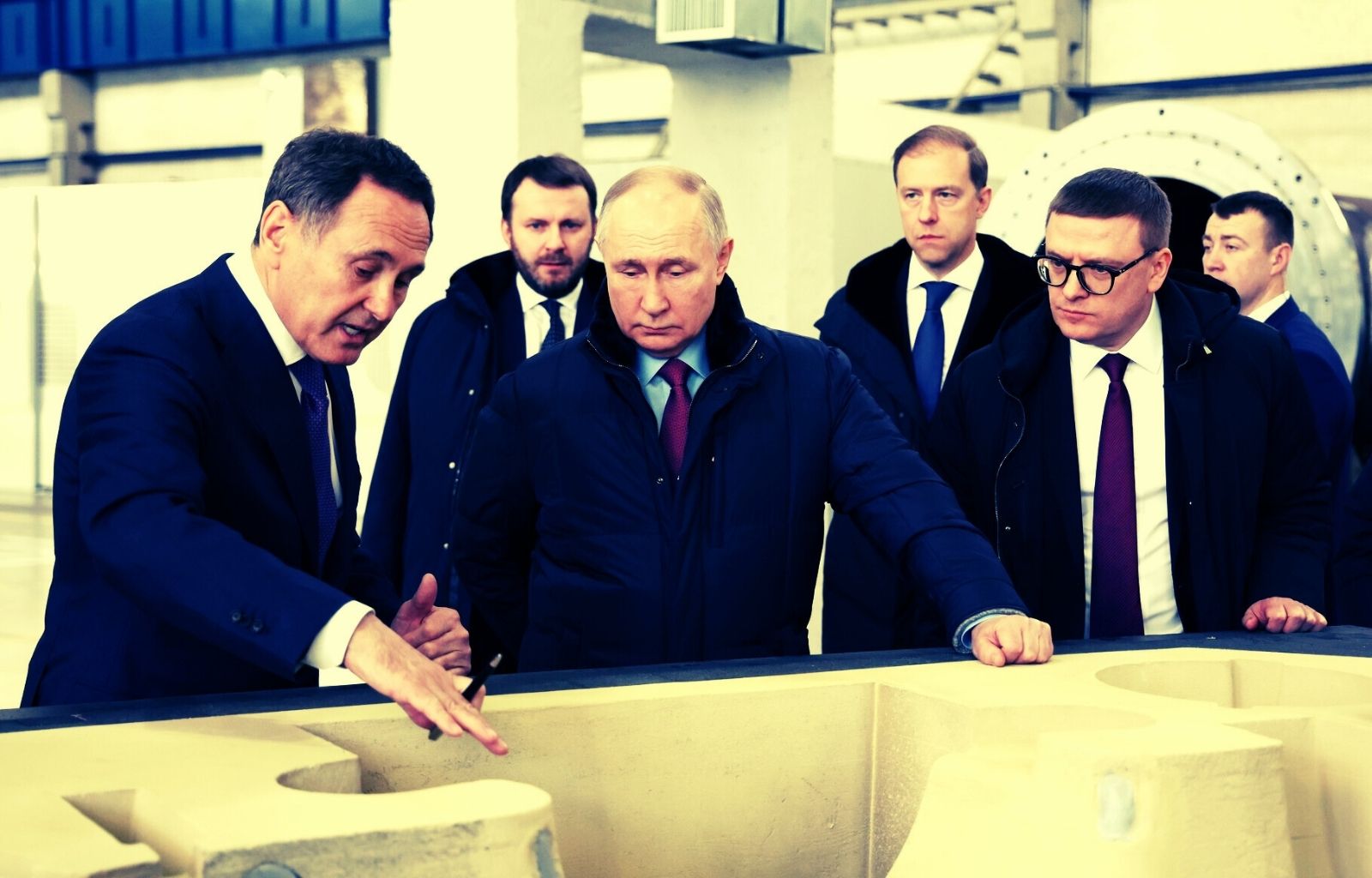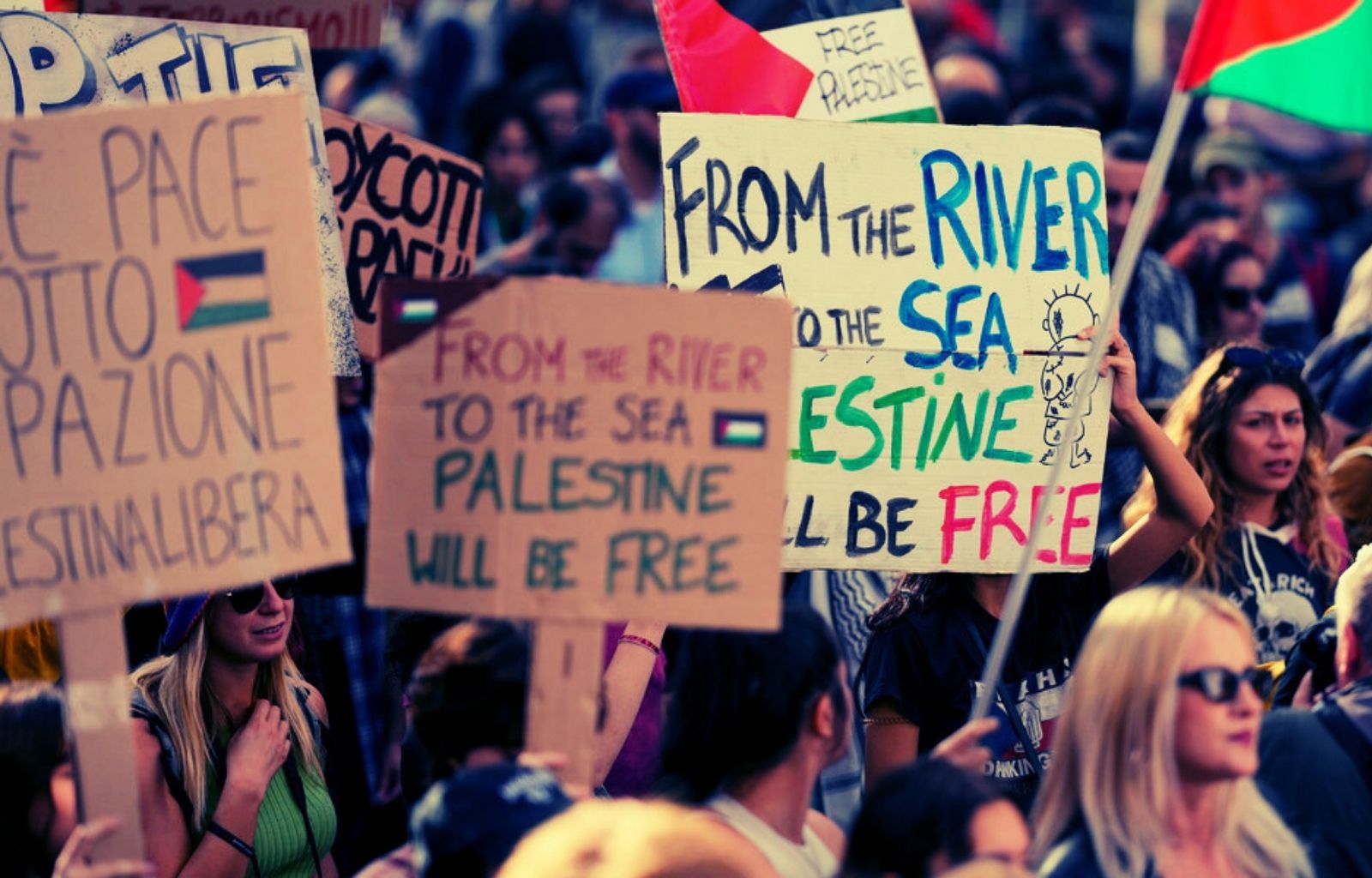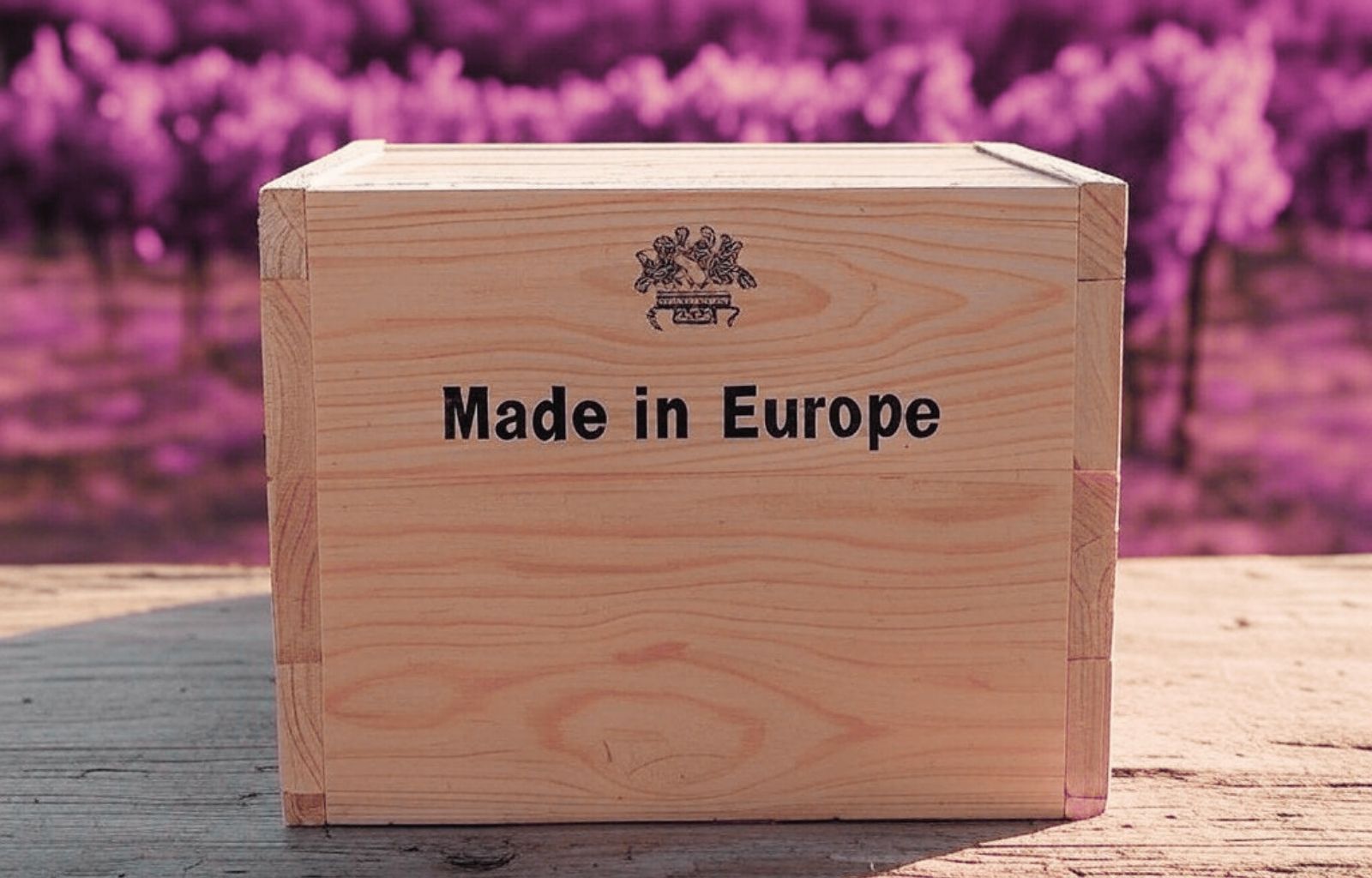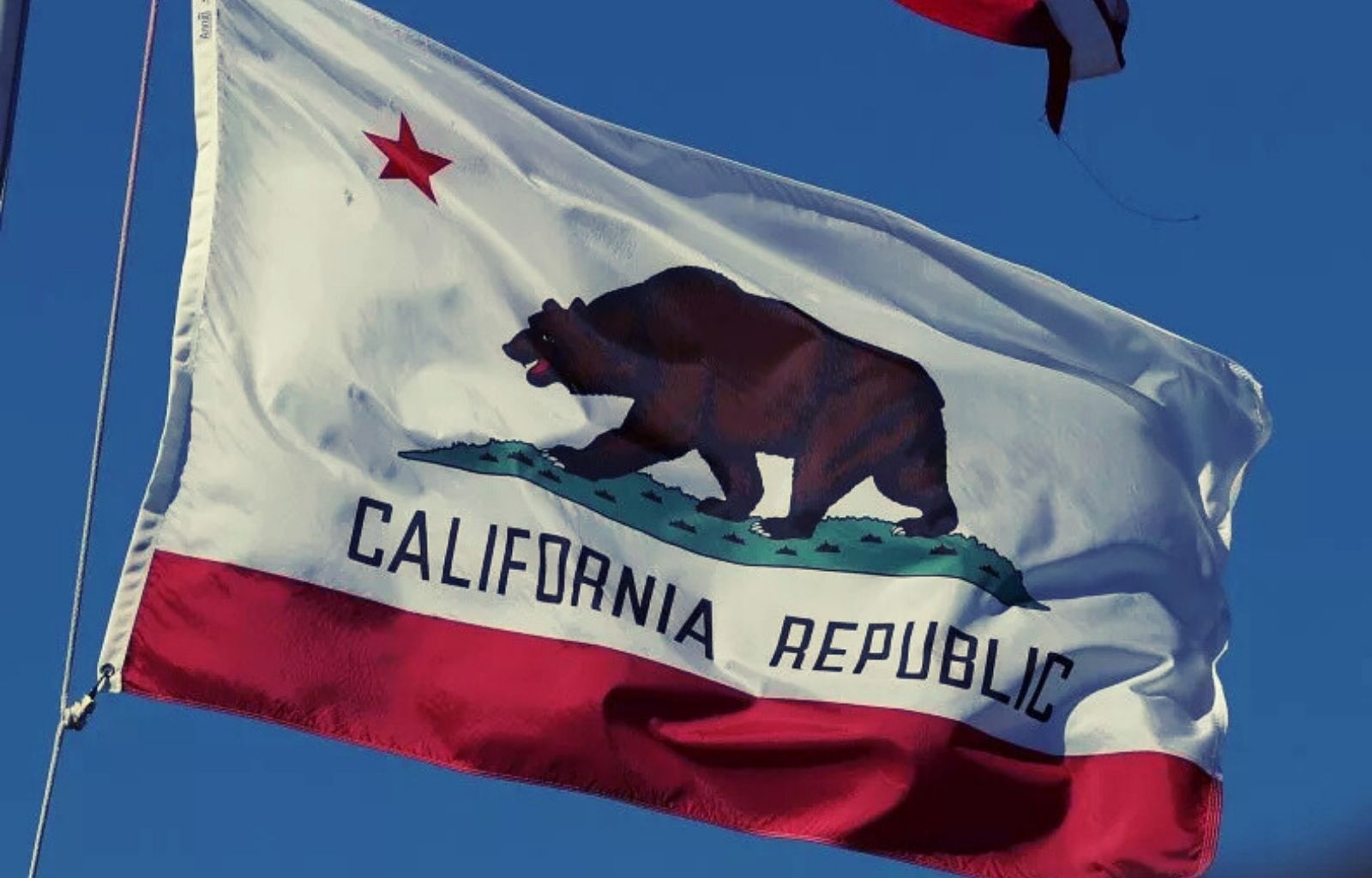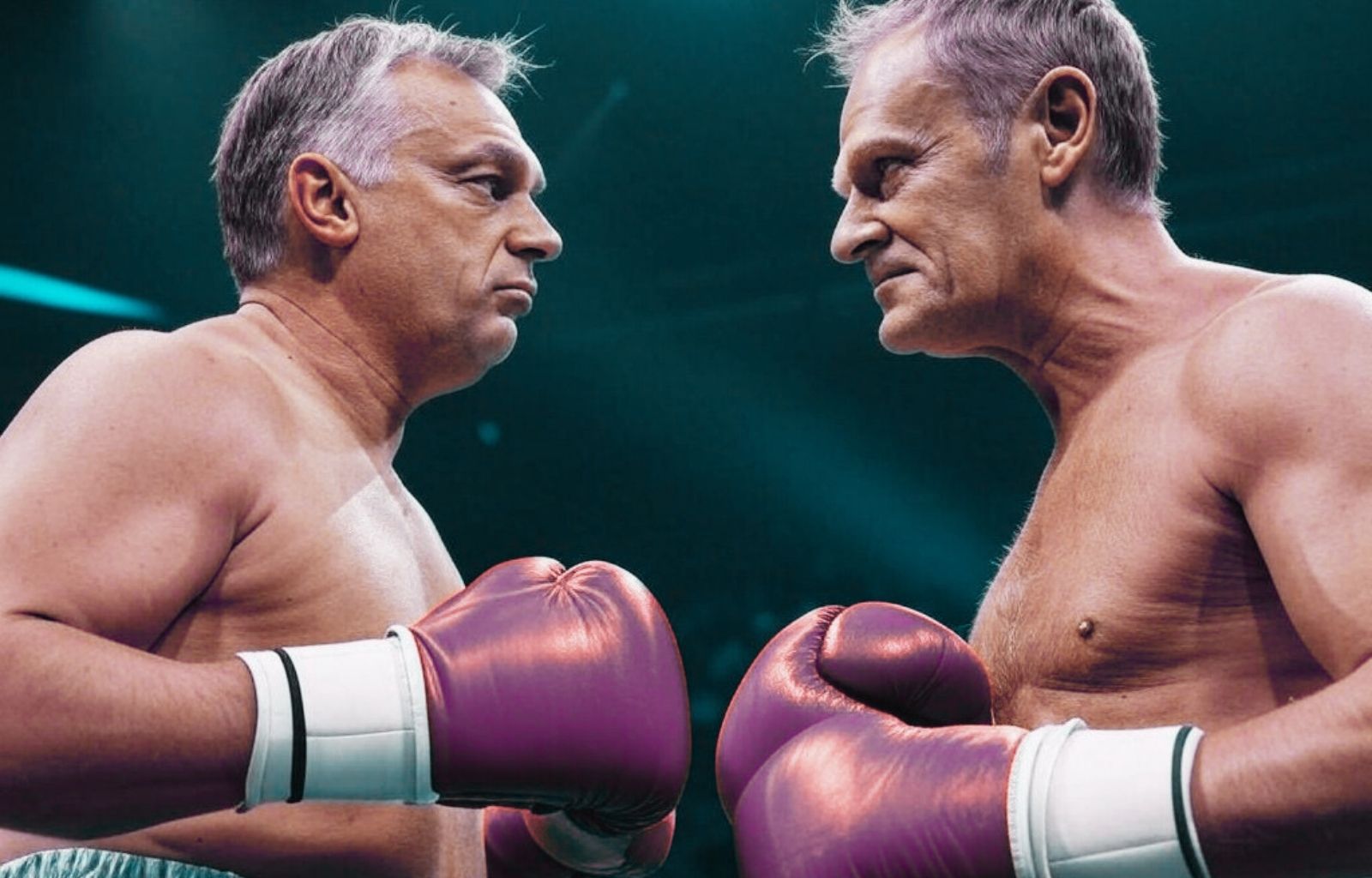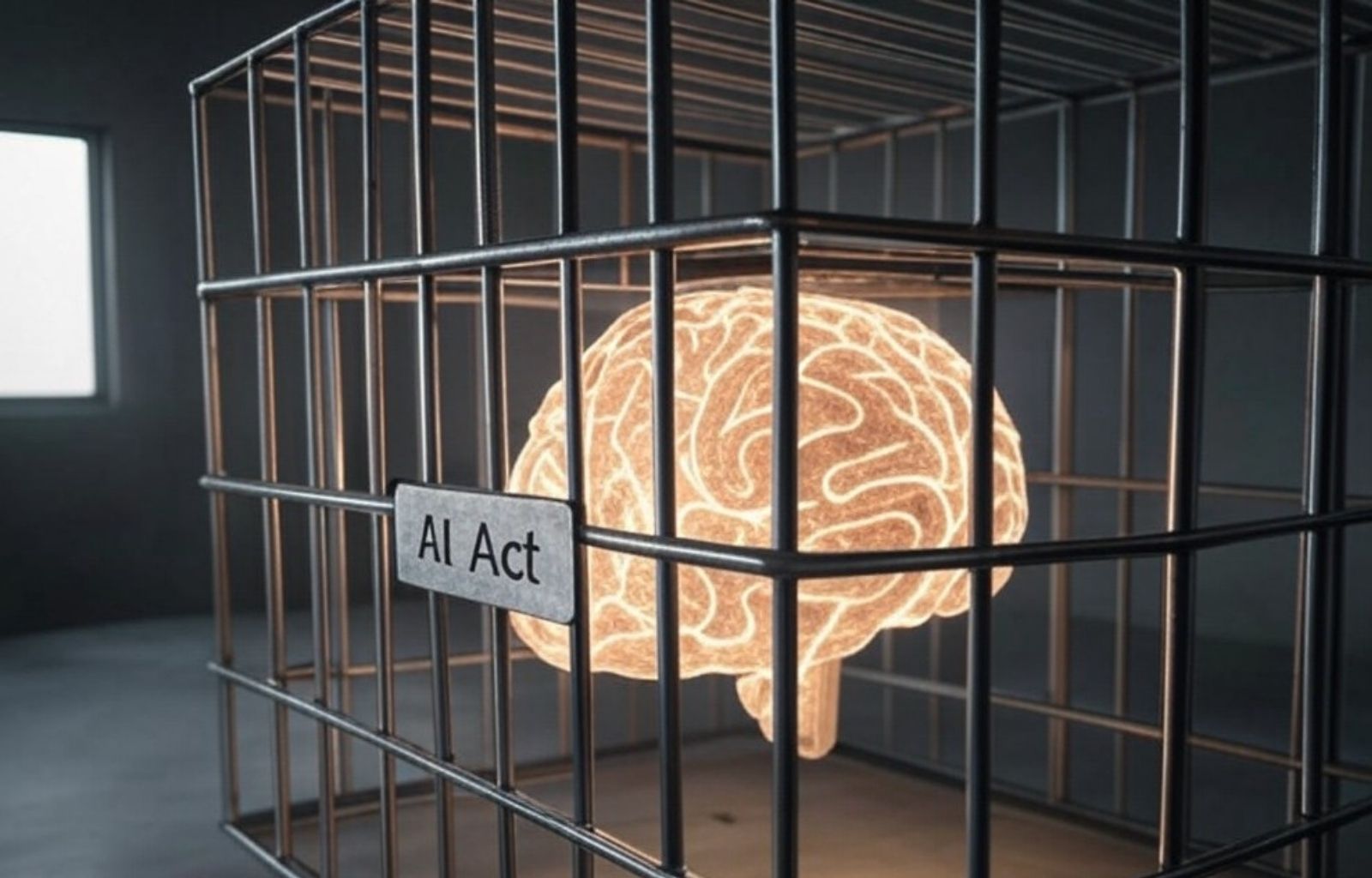Europe intermittently: Denmark (like others) calls for unity only when it suits it
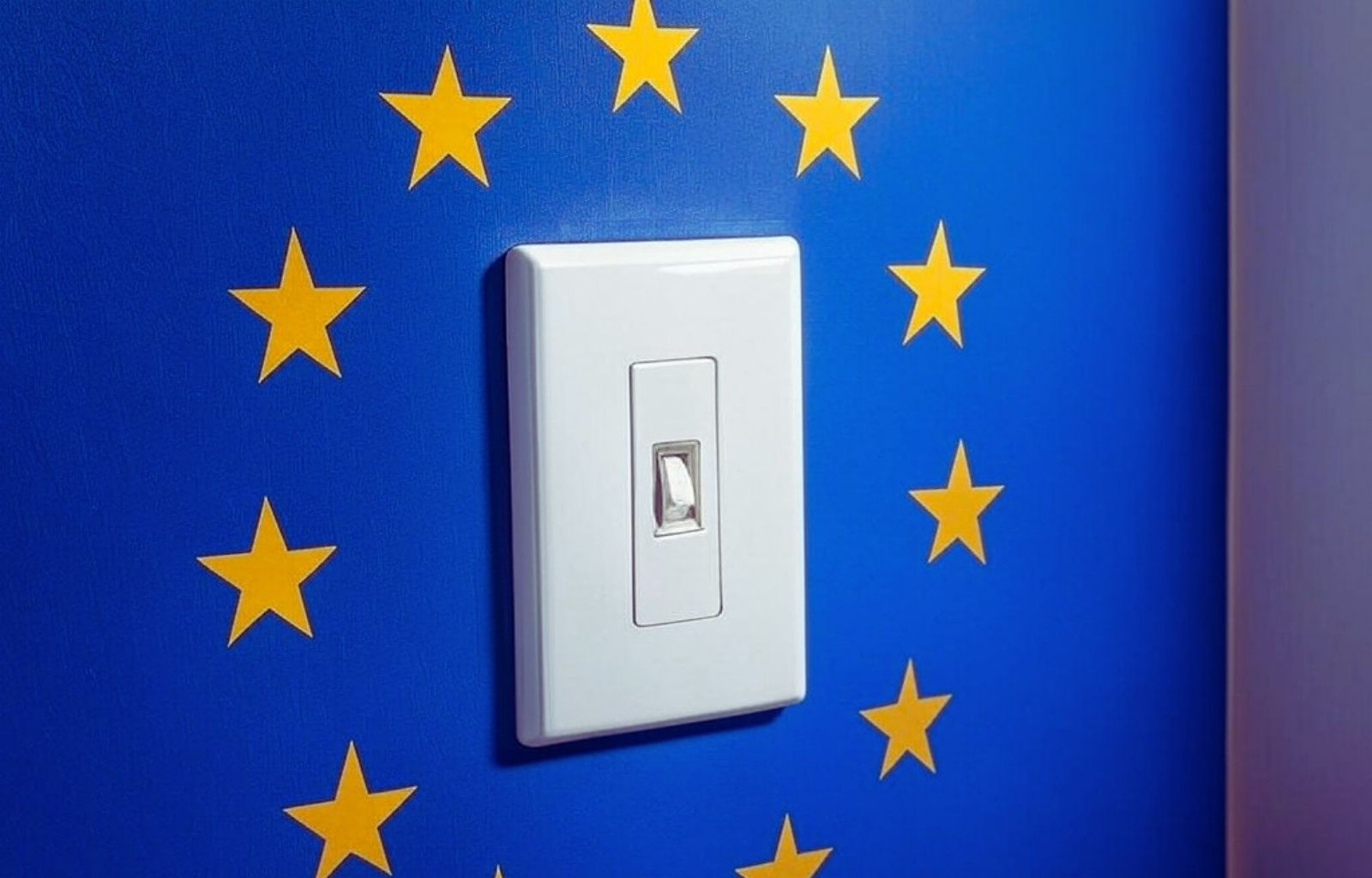
The issue of Greenland, and President Trump’s threat to seize it, risks becoming an interesting exercise in observing EU history.
We certainly live in complicated times, and these are highlighting the inadequacy of a European ruling class of dwarfs, the prevalence of nationalism (which is not of today), the unscrupulousness of a European bureaucracy that accepts the role of spectator, very privileged, of the agony of the European dream of the founding fathers.
In EU law books, in our university days, we used to learn that the EU is an order of progressive construction over time. It meant, quite simply, that states build their integration through international treaties that aim to go beyond mere market dynamics, but move towards a more political integration. I remember that the most pro-European among us dreamed of a federation of European states. One of the highest moments was reached with the draft European Constitution, which miserably foundered with the rejection in referendums in France and Holland.
The instrument for greater integration has been international treaties to which states have been able to opt out, essentially affirming their desire for integration à la carte, their desire to retain their independence, their nationhood. In the various treaties, the opt-out principle can be invoked, whereby one participates in some common policies and not in others.

Denmark has used this instrument several times since 1993. Opt out Euro. Opt out common justice and home affairs policy. Opt out European citizenship. Opt out common defence policy.
And it is here that the Greenland issue appears. A few days ago, Danish Prime Minister Mette Frederiksen went on a mission to major European capitals to meet Von Der Leyen, Macron and Sholz. The fact that she does not decide to call for a council of EU heads of government, but only meets with France, Germany and the Commission, is not a detail.
The reason for the mission is the demand for a common defence of Greenland. A sort of opt out of Denmark’s own opt out of the common defence. As in, opt out as long as it serves me, but now that the going has gotten unexpectedly tough I now ask you to stand together and pretend that I never made that choice.
I imagine that poor Prime Minister Danish terms such as dignity and consistency have popped into the mind several times. At least, I hope so. But I understand that fear moves everything. Are we still in time to open our eyes? I do not know. What is certain, however, is that history has also taught us that there are points of no return.


